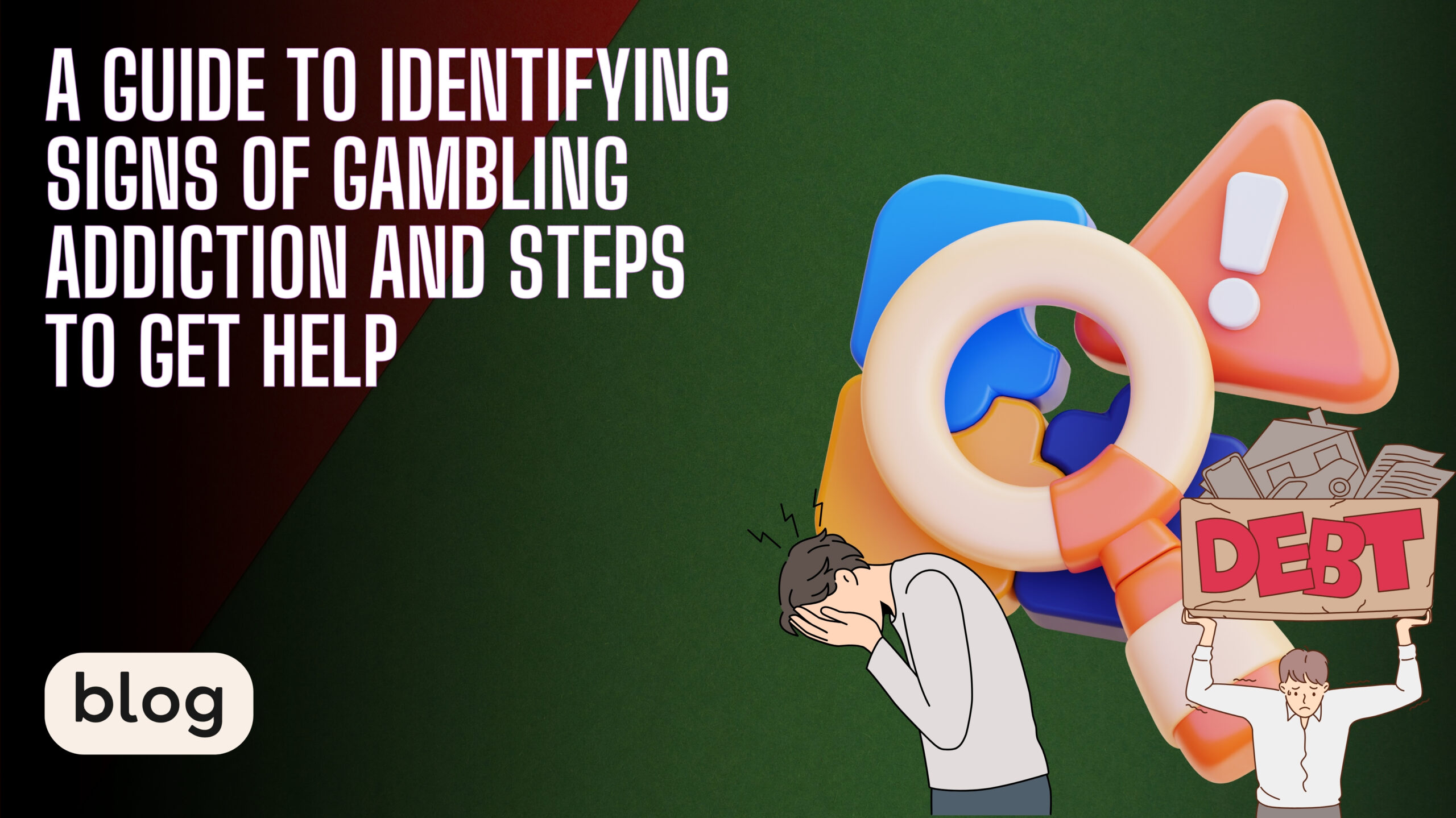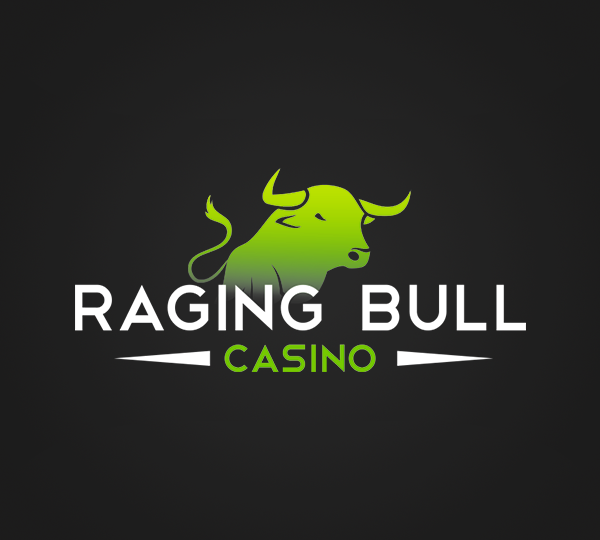
A Guide to Identifying the Signs of Gambling Addiction and Steps to Get Help
Gambling addiction is a pathological addiction to gambling that negatively affects a person’s personal life, relationships, and financial situation. This problem is becoming increasingly relevant in modern society, where access to gambling has become easier thanks to the Internet and mobile applications. The consequences of gambling addiction can be devastating: from financial losses to disruption of social relationships and mental health. It’s important to recognize the signs of addiction and seek help in time, as this can help avoid serious consequences.
Signs of Gambling Addiction

Recognizing these signs can help you identify the problem in time and seek help:
Psychological characteristics
- Impulsivity: A constant desire to play despite negative consequences. The inability to control one’s desires can lead to rash decisions.
- Anxiety: An increased level of anxiety, especially when trying to stop or limit the game. There is a fear of losing the opportunity to win.
- Depression: Feelings of hopelessness and sadness that may result from losing or realizing the consequences of gambling.
Social signs
- Isolation: Withdrawal from friends and family. The gambler may begin to avoid social contact due to shame or fear of exposure.
- Relationship problems: Conflicts with loved ones due to financial difficulties or frequent absences from important events.
Financial signs
- Debt: Increased debt due to loans or credit to keep playing. Frequent requests for loans from friends or relatives.
- Searching for money to play: Using money intended for other purposes or cheating to get money to gamble.
Physical signs
- Sleep disturbances: Insomnia or, conversely, excessive sleepiness caused by gambling worries.
- Changes in appetite: Loss of appetite or, conversely, overeating. Emotional states can affect eating habits.
Steps to Get Help
This section focuses on important steps that can help people dealing with gambling addiction find their way to recovery.
- Self-assessment: To assess your condition, you can use special online questionnaires to help determine your risk level. It is important to answer the questions honestly and collect information about your attitude towards gambling, financial expenses, and emotional state. Also consider keeping a diary to record your gambling activities, their duration, and reactions to losing or winning.
- Seek professional help: Seek psychotherapists who specialize in gambling. Psychotherapeutic methods such as cognitive behavioral therapy can be particularly helpful. Explore self-help groups, such as Gamblers Anonymous, where you can find support from like-minded people. Also, consider specialized clinics that offer treatment programs for people with gambling addiction.
- Support from loved ones: Family and close friends can be a great help in the recovery process. It is important to have an open dialog about the problem and express your support without judgment or criticism. Learn about resources and programs that can help your family understand addiction and be more sensitive to the needs of the addicted person.
- Education and awareness: Learn about gambling addiction through articles, books, and online courses. Attend seminars and webinars on addiction. Encourage yourself and your loved ones to spend time in non-gambling activities, such as hobbies or physical activity, to reduce the risk of relapse.
Additional Helpful Tips:
Create an Action plan
Having a clear plan can help you better manage your gambling urges. Plan how you will react in situations when you feel the urge to gamble.
Set Financial Limits
If you do face the urge to gamble, set your own spending limits. These can be physical limits, such as using only a certain amount of money for entertainment.
Avoid Triggers
Identify situations, places, or people that trigger you to gamble and try to avoid them.
Keep Yourself Busy with New Hobbies
Find new interests that can occupy your time and develop new skills.
These steps will help you or your loved ones find the path to recovery and improve your quality of life by being free of gambling addiction.
Conclusion
Timely detection of the signs of gambling addiction is critical to prevent its devastating consequences. The sooner a person realizes the problem and takes action, the easier it will be to overcome the addiction and regain control of their life. Proactive steps such as self-assessment, seeking professional help, supporting loved ones, and learning about addiction can make the recovery process much easier.
Taking decisive action not only helps to restore psychological and financial well-being, but also to rebuild relationships with family and friends. Gambling addiction is a serious problem, but with the right support and resources, it can be overcome. It is important to remember that every action on the road to recovery is a step toward a healthier and happier life.






